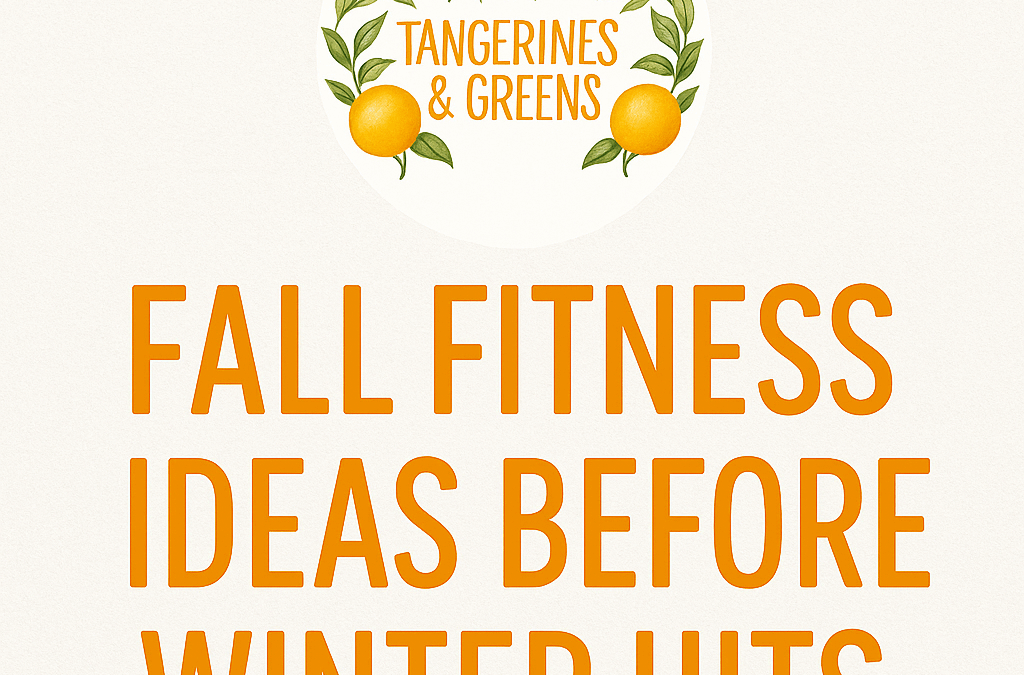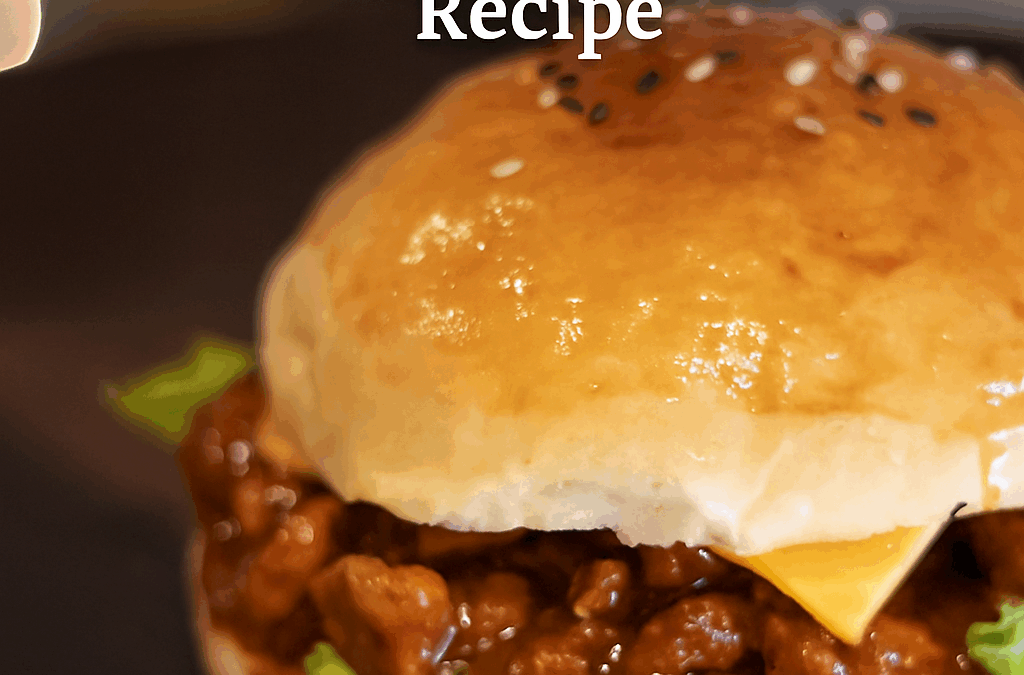Introduction: Why What You Eat Matters for Your Mind
I used to think “brain food” was just wellness marketing fluff. That was until I started picking up on the brain fog I’d get after certain meals. As it turns out your brain is literally starving for the right nutrients while drowning in the wrong ones. How exactly did I realize this? Well, I didn’t have to conduct sophisticated scientific studies. When I say brain fog, it could be something as simple as finding yourself forgetting where you left your keys, struggling to focus at work, and even feeling mentally drained before the day is even over.
Your brain consumes about 20% of your daily calories, making it your body’s most energy-demanding organ. Yet most of us feed it like an afterthought. The foods you choose don’t just affect your waistline—they’re actively rewiring your neural pathways, influencing everything from your ability to remember names to your creative problem-solving skills. Some foods acted like premium fuel for my mind, while others left me feeling like I was thinking through molasses.
Before we dive into specific foods, let’s bust a major myth: your brain isn’t just hungry for glucose. While it does need steady blood sugar, your brain is actually made up of nearly 60% fat—and the type of fat you eat directly impacts its structure and function.
In this post, we’re breaking down the 5 best foods to boost brain power—each backed by research and packed with nutrients that support mental clarity, mood, and long-term brain health.
1. Fatty Fish: The Ultimate Brain Fuel
Fatty fish like salmon, sardines, and mackerel top nearly every list of brain-boosting foods—and for good reason. But here’s something most articles won’t tell you: not all fatty fish are created equal when it comes to brain benefits. Wild-caught salmon contains significantly higher levels of omega-3 fatty acids than farmed varieties—sometimes up to 50% more DHA, the specific omega-3 your brain craves most. They’re loaded with omega-3 fatty acids, particularly EPA and DHA, which are essential for brain structure and function.
I hadn’t realized until researching this article this one little fact: your brain is made up of nearly 60% fat, and much of that is omega-3 fatty acids. These fats are good fats, the kind that will boost brain power as well as nerve cells. Bonus benefit: they are also known to support learning and memory. Studies also suggest that people who regularly eat fish have more gray matter in the brain, which contains nerve cells responsible for decision-making, emotion, and memory (Harvard Health).
But here’s the kicker: your body can’t produce these omega-3s on its own. You must get them from food, making fatty fish non-negotiable for optimal brain health.
Smart sourcing strategies:
- Choose smaller fish like sardines and anchovies (lower mercury, higher omega-3 density)
- If buying salmon, look for “wild Alaska” on the label
- Canned fish is often more sustainable and budget-friendly than fresh
- Try mackerel—it’s often overlooked but has one of the highest omega-3 profiles
Beyond the dinner plate:
- Blend smoked salmon into scrambled eggs for a protein-packed breakfast
- Add anchovies to Caesar salad (they dissolve and add umami without fishiness)
- Keep single-serving salmon packets in your desk for quick brain fuel
How to eat more:
- Grill or bake salmon for dinner once or twice a week
- Add canned sardines to salads or avocado toast
- Blend smoked salmon into a veggie-packed omelet
- Try this simple rosemary-lemon garlic salmon recipe for a brain-boosting dinner
2. Blueberries: Ultimate Brain Boosting Foods
While everyone knows blueberries are “good for you,” most people don’t realize they’re essentially edible brain insurance. The anthocyanins in blueberries don’t just fight free radicals—they actually cross the blood-brain barrier and accumulate in areas associated with learning and memory.
Several studies have found that blueberries can help improve memory and even delay short-term memory loss (National Library of Medicine). They also support communication between brain cells and protect the brain from degeneration.
Here’s what makes blueberries unique: they’re one of the few foods that have been shown to reverse age-related cognitive decline in animal studies. While we can’t promise they’ll make you 20 years younger, the research is incredibly promising.
Maximize the benefits:
- Frozen blueberries often contain more antioxidants than fresh (they’re flash-frozen at peak ripeness)
- Eat them with a source of fat (yogurt, nuts) to enhance absorption
- Wild blueberries are smaller but pack more antioxidants per bite than cultivated varieties
Creative ways to eat more:
- Blend into smoothies with spinach (you won’t taste the greens, promise)
- Add to savory dishes—they pair beautifully with goat cheese and arugula
- Make a quick “brain bowl” with Greek yogurt, blueberries, and a drizzle of honey
3. Pumpkin Seeds: Small but Mighty Brain Snacks
Don’t underestimate the power of pumpkin seeds. These crunchy little seeds are rich in key nutrients like magnesium, zinc, iron, and copper—all of which are essential for optimal brain function.
Magnesium supports learning and memory, while zinc plays a key role in nerve signaling. Low levels of these nutrients have been linked to neurological conditions like migraines, depression, and cognitive decline (Healthline).
Here’s why pumpkin seeds deserve a spot in your daily routine: just one ounce provides nearly 20% of your daily magnesium needs. Most adults are chronically low in magnesium, which can manifest as brain fog, poor concentration, and even anxiety.
Preparation tips that actually taste good:
- Roast with olive oil and sea salt for a crunchy snack
- Soak raw seeds overnight to improve digestibility
- Grind into a powder and add to smoothies or oatmeal
- Mix into homemade granola or trail mix
Pro tip: Buy them in bulk from health food stores—they’re significantly cheaper than pre-packaged options and fresher too.
4. Dark Chocolate: A Delicious Brain Boost
Good news, chocolate lovers. Dark chocolate (70% cacao or higher) is packed with brain-loving compounds like flavonoids, caffeine, and antioxidants. Flavonoids in particular have been shown to enhance memory, improve blood flow to the brain, and support learning.
Caffeine provides a short-term boost in alertness, while antioxidants reduce inflammation and oxidative stress. Just be sure to stick to small portions—a square or two will do!
How to eat more:
- Enjoy a square of dark chocolate as an afternoon pick-me-up
- Add cacao nibs to oatmeal or smoothies
- Mix into homemade energy bites with dates and nuts
If you’re looking for the best foods to boost brain power that also satisfy your sweet tooth, dark chocolate is a guilt-free winner.
5. Fermented Foods: The Gut-Brain Highway Most People Ignore
You might not associate gut health with mental sharpness, but the two are deeply connected. Fermented foods like yogurt, kefir, kimchi, and sauerkraut are rich in probiotics that support a healthy gut microbiome—and a healthier brain.
Your gut produces about 90% of your body’s serotonin—that feel-good neurotransmitter that affects mood, sleep, and cognitive function. This means your digestive health directly impacts your mental performance.
Fermented foods like yogurt, kefir, kimchi, and sauerkraut provide probiotics that support a healthy gut microbiome, which in turn supports brain function. Several studies have linked probiotic-rich diets to reduced symptoms of depression and anxiety.
But not all fermented foods are created equal. Look for “live and active cultures” on labels, and avoid heavily processed options with added sugars that can negate the benefits.
Boosting Your Brain:
- Start with small amounts of fermented foods (your gut needs time to adjust)
- Choose unsweetened varieties when possible
- Rotate different types to maximize bacterial diversity
- Consider fermented vegetables if you’re dairy-sensitive
Daily integration ideas:
- Add kimchi to grain bowls or use as a sandwich topping
- Blend kefir into smoothies for a probiotic boost
- Try kombucha as an afternoon pick-me-up instead of coffee
- Make your own fermented vegetables—it’s easier than you think
Fermented foods might not be the first thing you think of when it comes to the best foods to boost brain power, but they deserve a top spot.
Bonus Tips for a Brain-Healthy Lifestyle
Eating the right foods is a great first step, but don’t stop there. To truly optimize your brain power, pair your diet with these healthy habits:
- Stay hydrated: Even mild dehydration can affect concentration and mood.
- Get enough sleep: Aim for 7–9 hours a night to support memory and cognitive processing.
- Move your body: Regular exercise improves blood flow to the brain and boosts mood.
- Limit processed foods: Especially those high in sugar or trans fats, which can impair brain function.
The 4-Week Brain Food Challenge
Instead of trying to overhaul your entire diet overnight, try this progressive approach:
Week 1: Add one brain food to each meal Week 2: Replace one processed snack with a brain-boosting option Week 3: Plan one “brain-focused” meal per day Week 4: Track your mental clarity and energy levels
Beyond Food: The Multiplier Effects
These foods work best as part of a brain-healthy lifestyle. Here are the non-negotiables that amplify their benefits:
Hydration strategy: Your brain is 75% water. Even 2% dehydration can impair cognitive function. Keep a water bottle visible and aim for pale yellow urine as your hydration gauge.
Sleep optimization: No amount of brain food can compensate for poor sleep. Aim for 7-9 hours, and consider these foods part of your sleep hygiene routine—especially avoiding heavy meals close to bedtime.
Movement medicine: Exercise increases BDNF production and improves blood flow to the brain. Even a 10-minute walk after eating can enhance nutrient delivery to your brain.
Stress management: Chronic stress literally shrinks your brain. Combine these foods with stress-reduction practices like meditation, deep breathing, or time in nature.
The Bottom Line: Your Brain Is What You Eat
Your brain is constantly rebuilding itself using the raw materials you provide through food. Whether you realize it or not every meal is a chance to enhance your cognitive function as well as boost brain power.
The five foods we’ve covered aren’t just nutritious; they’re specifically designed to support the complex biochemical processes that keep your brain juices flowing. Keep that noggin sharp! As with anything you don’t have to start with everything all at once. Try one or two that appeal to you most. Heck, if you’ve had a rough day grab some dark chocolate and you’re on the right path. A small amount of these brain-boosting foods daily will serve you better than sporadic “superfood binges.”
Your future self will thank you that you took the time to boost brain power. We are all given a brain and it’s up to us to keep it well fed!
Quick Reference: Your Brain-Boosting Shopping List
Proteins: Wild salmon, sardines, mackerel, anchovies
Produce: Blueberries (fresh or frozen), leafy greens for smoothies
Pantry: Pumpkin seeds, dark chocolate (70%+ cacao), cacao nibs
Refrigerated: Greek yogurt, kefir, kimchi, sauerkraut
Freezer: Frozen wild blueberries, frozen fish portions
Start with three items from this list on your next grocery run. Your brain will notice the difference before your scale does.






0 Comments